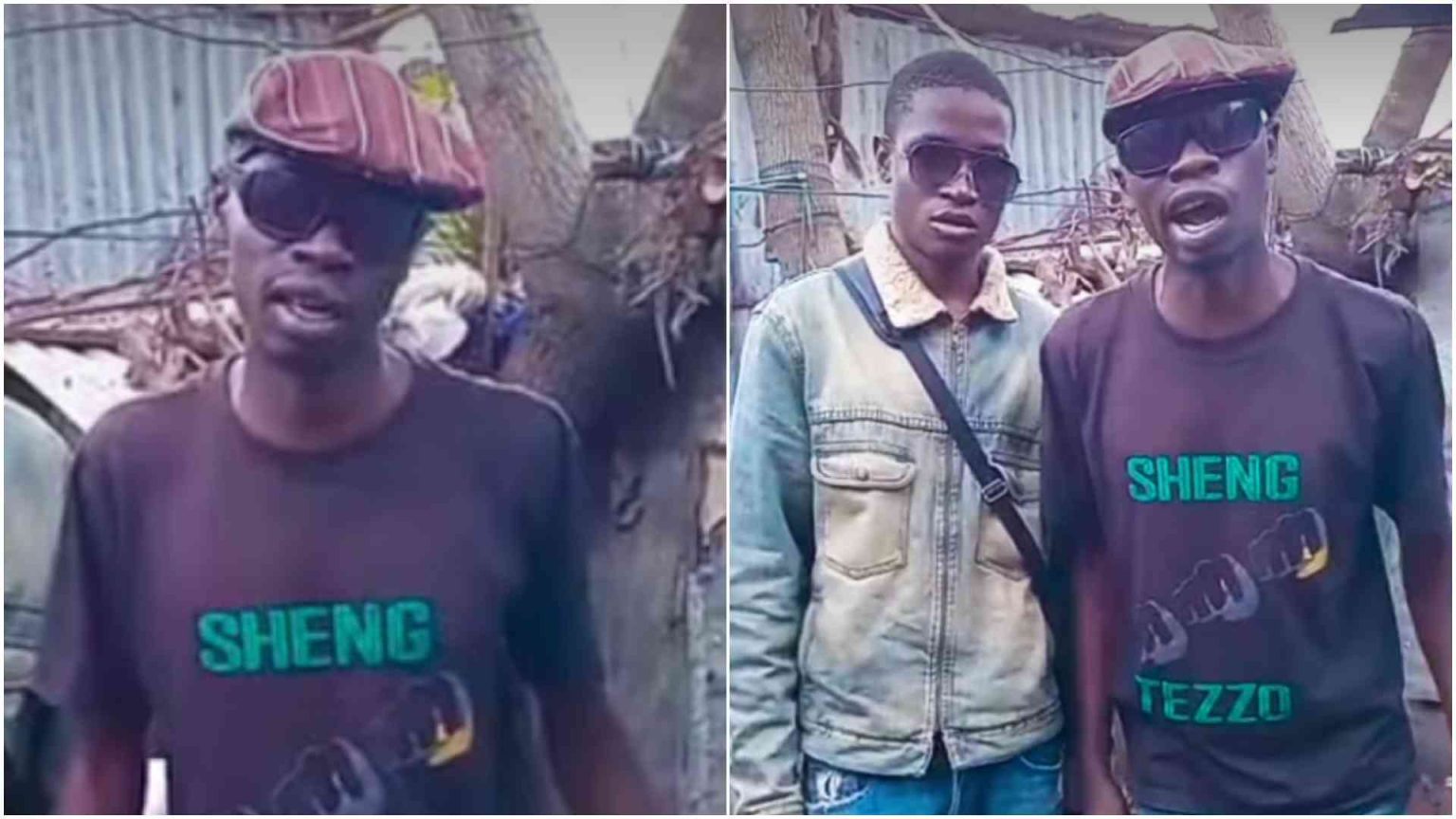Sheng, Kenya’s ever-evolving urban slang, has grown from a street lingo for Nairobi’s youth into a cultural identity that cuts across age and geography.
Once simply a code for the city’s young and restless, Sheng has now cemented itself as a vernacular that tells more about the speaker than just their words, revealing their age, background, and even their financial standing.
Linguist Githiora describes Sheng as a language in constant flux. New words emerge daily, rendering yesterday’s slang outdated. For example, in 2008 the term nangos was the go-to word for a cellphone. By 2012, it had been overtaken by tenje, a word that originally meant “radio.”
This relentless reinvention leaves older generations and slower adapters struggling to keep up.
Sheng often gives away a speaker’s socioeconomic status.
In Eastlands, “no” becomes zii, while more affluent youth might opt for bilaz. One Reddit user recalls how a simple Sheng phrase immediately set them at ease:
“One early morning last year, I was at my stage waiting for a matatu when a guy in a private car stopped to offer me a lift. Normally, there’s suspicion, but the moment he said ‘finje tao’, I knew he couldn’t be a criminal!”
Age is just as easy to guess. Those calling an attractive woman mresh are likely stuck in pre-supuu or peng days, betraying the era they grew up in.
Sheng is rooted in Nairobi’s cultural melting pot, mixing Swahili, English, and other Kenyan languages, and even drawing from Arabic, as in walai (from Wallahi, “I swear by God”).
Events also shape the slang. During the anti-finance bill protests in August 2024, anguka nayo (“fall with it”) became a rallying cry after a viral video showed a lone protester dancing mid-standoff with police.
As Sheng enthusiast Molly Chebet explains, “Anguka Nayo quickly became the anthem for calling out the high and mighty, especially leaders flaunting wealth while youth grapple with joblessness and high costs of living.”
Sheng is more than just street talk; it’s a mirror of Kenya’s social pulse, a badge of identity, and an ever-changing language of pride for the country’s youth.
